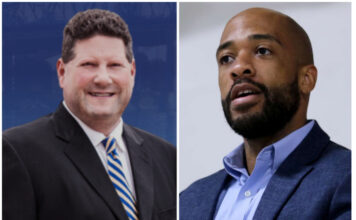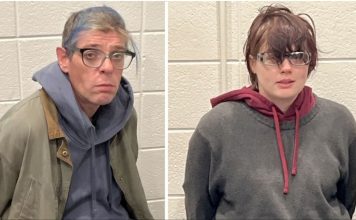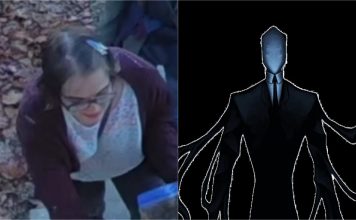Assembly Republicans and Milwaukee’s top leaders are touting new legislation that would boost shared revenue to local governments in Wisconsin, with every community in the state of Wisconsin expected to see “a minimum of a 10% increase” if the plan becomes law.
The City of Milwaukee and Milwaukee County could create new sales taxes as part of the plan, which would be 2% for the city and a .375% expansion for Milwaukee County. The sales tax increases would have to go to referendum, Speaker Robin Vos said, but the referendums could occur “any time this year.”
Vos said the plan represents the “single largest investment in local governments in the history of Wisconsin” and stressed it was bipartisan. State aid for local governments has declined over the years as inflation increased.
The afternoon news conference showcased the unusual bipartisan imagery: Milwaukee’s mayor and county executive and the state’s Republican Assembly Speaker jointly praising the same plan.
Milwaukee County Executive David Crowley said the plan represented a “resetting of the relationship” between Milwaukee officials and the Republican-controlled state Legislature. He thanked Republican officials for being willing to work with Milwaukee. Republican state Rep. Tyler August called the plan a “generational change in the way we fund local governments.” He said people from “different political backgrounds actually sat down and did the hard work.”
“The sales tax will allow the city of Milwaukee to make investments in our pension system,” Milwaukee Mayor Cavalier Johnson said in the afternoon news conference. He said the sales tax would lead to $120 million being put toward pension obligations in the City of Milwaukee, and future employees would move to the state pension system. The City of Milwaukee is looking at a $156 million budget shortfall for 2024.
Republicans baked multiple requirements into the proposal.
Vos said the plan would ensure “no further cuts in police and libraries.”
Vos said that “one of the best parts of the deals” is a requirement that will ensure the number of Milwaukee police officers will not go down. He called that a “huge benefit for the state.” Vos said the previous shared revenue formula was “really outdated.” He promised that “every single community in Wisconsin is going to get a guaranteed 10% increase in the shared revenue they receive.”
Vos also revealed that expansion of the Milwaukee street car “would not be allowed,” and the Milwaukee Fire and Police Commission will see changes empowering the police chief, not the commission, to make policies in consultation with the mayor and Common Council.
The personal property tax is being eliminated, Vos said, calling to an “onerous tax for small businesses. Of the plan, Vos said: “We eliminate a tax in a bipartisan way.”
The plan includes a “new ban on local public health officers closing businesses for longer than 14 days in response to an outbreak, epidemic unless local governing body approves,” according to a Wispolitics editor.
Johnson called Vos a “tough negotiator,” and Vos praised Johnson for being collaborative.
Milwaukee Police Association President Andrew Wagner praised the plan in an afternoon news conference, saying that it puts an emphasis on investments in public safety and should increase safety in Milwaukee. He praised state legislators and said the proposal had bipartisan support.
However, Waukesha County Executive Paul Farrow blasted the plan, saying, “Today, Assembly Republicans handed many Democrats exactly what they’ve wanted, a bailout of Milwaukee’s out of control pension fund in the form of sales tax increases for the City of Milwaukee and Milwaukee County,” he said. He also said that the new proposal “falls far short of what a low-tax county like Waukesha needs to fight crime, support our 911 dispatchers and keep our roads and the public safe.”
He said the new proposal “would barely cover the cost of inflation in one year of our county budget.”
https://twitter.com/WaukeshaCoExec/status/1651660278507905041/photo/1
Rep. Tony Kurtz, a Republican, said in an earlier April 27, 2023, news conference, that “as Assembly Republicans, we’ve been very focused on public safety.” In the press conference, Assembly Republicans first announced details of the new shared revenue plan.
It was good to see the year-long work I've been doing with local, county, & state officials finally brought forth as a solid plan in this morning's roll out of the Assembly GOP plan on shared revenue. I was glad Jefferson Cty Admin Ben Wehmeier could join us for the press conf. pic.twitter.com/bFyHikohGh
— Rep. Barbara Dittrich (@RepDittrich) April 27, 2023
Gov. Tony Evers would need to sign the legislation for it to become law. The state Senate would also have to approve the Legislation.
Wisconsin Senate Majority Leader Devin LeMahieu said in a statement: “Over the last few months there have been substantive, good-faith negotiations between both houses of the legislature and local government stakeholders from across the state. The Assembly announcement today is the product of those negotiations; however the final details are still being worked out. The Senate is looking forward to continuing to find a responsible way to make a generational investment in local governments throughout the state.”
According to Kurtz, $227 million “has to go to law enforcement, fire protection, emergency medical services, emergency response communications, public works, and transportation.” EMS providers would see a “drastic” increase in funding, he said. Assembly Republicans would double the re-investments for law enforcement officers’ training, he said, noting that the plan is “bipartisan.”
Kurtz said a sales tax diversion into a segregated account would be used to fund the amounts of shared revenue that local communities currently receive. He said many communities that were disadvantaged by a previous formula that was frozen for years will see a “bigger bump. The goal is to try to equalize those levels out.”
According to Kurtz, the new legislation would also add additional money to counties, towns, villages and locals. He said $50 million would be set aside for counties and $176 million would go to towns, villages and cities. The formula would be changed so that local governments will start benefiting from growth of the state sales tax, he said.
According to Wispolitics.com, the news sales taxes would need approval of voters in a referendum. The City of Milwaukee has recently floated doomsday proposals that included possibly closing an entire police district, number 6.
State Rep. Mark Born said in the press conference that the “legislation will bring historic investments and reforms to the shared revenue system in Wisconsin” that sends money to local governments to invest in important services expected by residents.
Vos said shared revenue will grow as the sales tax continues to expand. He said the plan would create an “innovation fund” to help local governments change how they will operate by sharing services and improving delivery of services at a lower price.
Born said Assembly Republicans have been working with the state Senate “for months.”
He said there will be “over a half billion dollars of new money” and that Republicans want to transfer 20 percent or 1 cent of the sales tax into an account that will focus on funding current and new funds for local governments. Vos said one out of every 5 cents in the sales tax will go to the fund.
“it’s historic,” Born said. “It’s the most we’ve seen in a generation or more. Probably the most since the system was created.”
“So if the state does well, locals will do well,” Kurtz said. The locals have “not shared in the growth that the state has had” since 2004, he said.
Born said local officials told the legislators “what their needs were” and “our Republican leadership here in the legislature, in both the Assembly and Senate, recognized that this was something we wanted to tackle.”
At the news conference, local officials discussed the impact of declining shared revenue for core services like roads and EMS. A Watertown official described how that community once considered shutting off every other street light in the city of Watertown to save money because of shared revenue decreases.
A Bristol official, Jerry Derr, who is president of the Wisconsin Towns Association, said the shared revenue process has been “broken.” He said Bristol’s EMS services have grown dramatically over the years and exceed spending on roads.
Kurtz, a Republican, said the plan came from a “long journey.” He said he and another legislator had talked to Assembly Speaker Robin Vos about the needs of rural communities in Wisconsin that had remained “stagnant.”
In late summer, Kurtz said, he was working with a county which was going through financial stress due to inflationary pressures. He called it a “tremendous undertaking.”


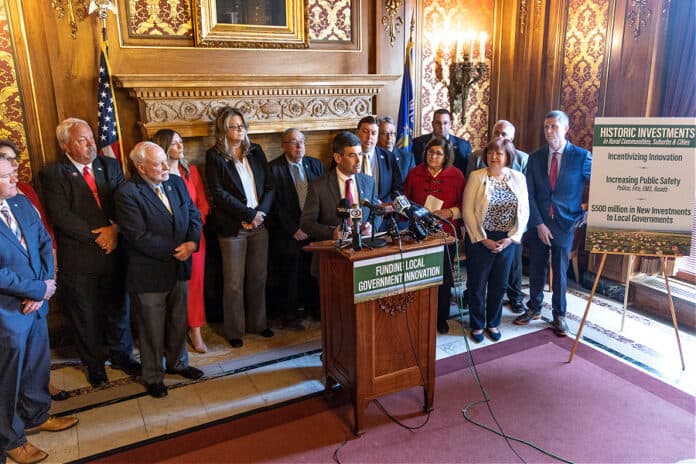





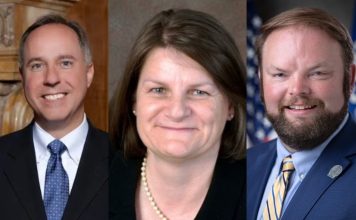
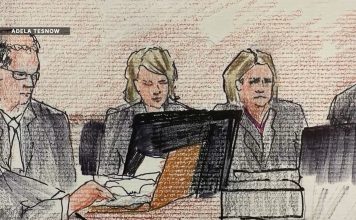

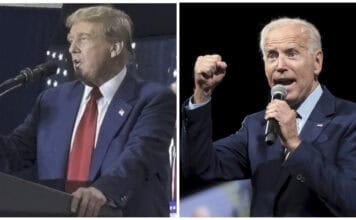
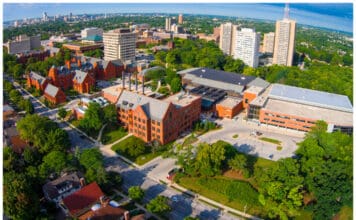



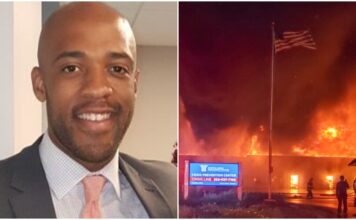
![Mandela Barnes Said ‘Reducing Prison Populations is Now Sexy’ [VIDEO] Reducing Prison Populations is Now Sexy](https://www.wisconsinrightnow.com/wp-content/uploads/2022/09/Collage-Maker-14-Sep-2022-11.44-AM-356x220.jpg)
